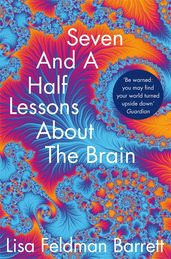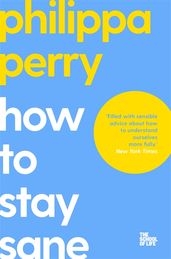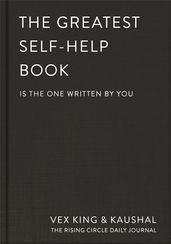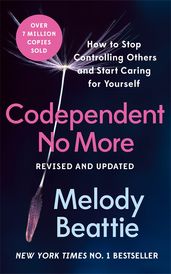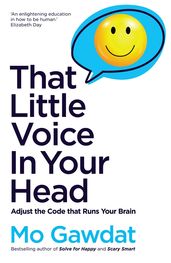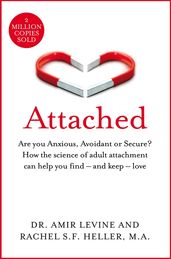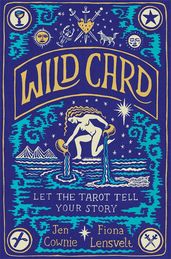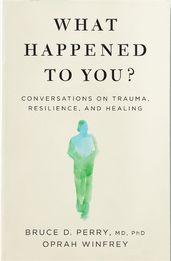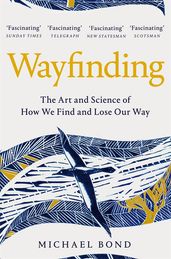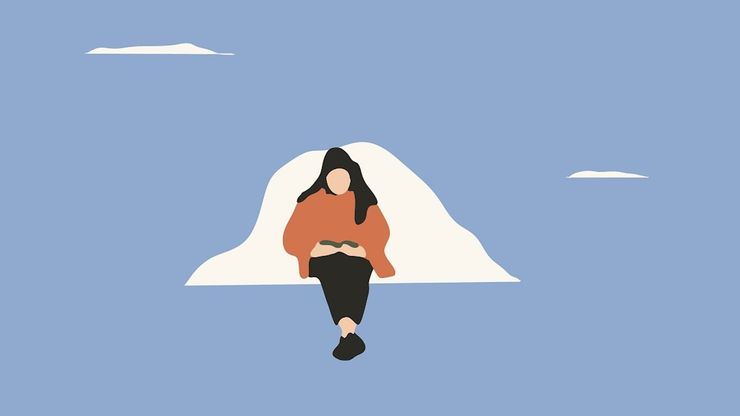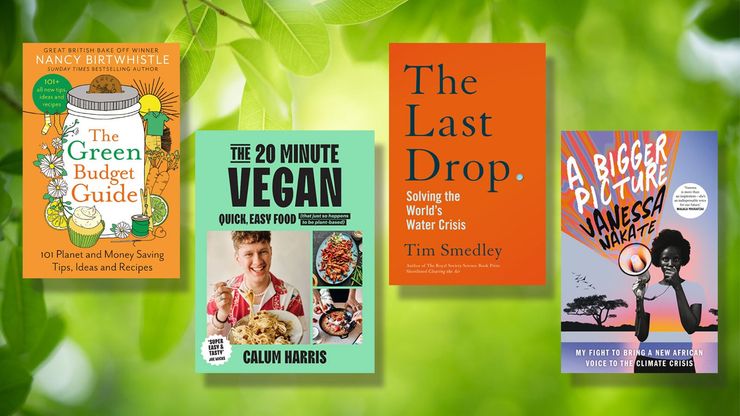Books to help you get to know yourself better
If you’re looking for a little insight into why you are the way you are, these books could help. Ali Roff Farrar shares her edit of the best books to help you get to know yourself better.
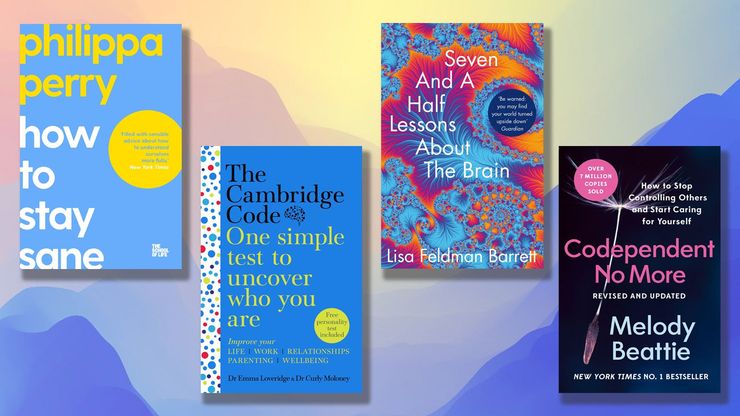
We spend every hour of every day with ourselves, so we should know our own minds better than anyone, right? But, with constant digital stimulation, stressful to-do lists and all the other distractions in our modern world, it can often seem as if we aren’t sure what we want, why we make the choices we make, or even who we really are. So, how do we get to know ourselves better? From befriending your subconscious to understanding how your childhood experiences shaped who you are today, these brilliant books might just have the answers you’ve been looking for.
Seven and a Half Lessons About the Brain
by Lisa Feldman Barrett
Want to know who (or what) is really behind your behaviour? Or the understand the relationship between your thoughts and emotions? Ever wondered if your personality was the result of nature, or nurture? Lisa Feldman Barrett’s book Seven and a Half Lessons About the Brain consists of seven essays, each one delivering fast and fascinating lessons on the brain to help you understand yours, and therefore yourself, a little better. It includes a fascinating essay explaining that we are born with our brains ‘under construction’ and remain that way for a pretty long time.
How to Stay Sane
by Philippa Perry
There is no simple set of instructions that can guarantee sanity, but psychotherapist Philippa Perry argues that there are four cornerstones you can influence to bring about change. By developing your self-observation skills, examining how you relate to others, breaking out of your comfort zone and exploring new ways of defining yourself, Philippa demonstrates that it is possible to become a little less tortured and a little more fulfilled. How to Stay Sane is at once a brilliant explanation of our minds and a profoundly useful guide to facing up to the many challenges life throws our way.
The Greatest Self-Help Book (is the one written by you)
by Vex King
From Sunday Times bestselling author of Good Vibes, Good Life and Healing is the New High, Vex King and social media star Kaushal, this is a journal like no other. Filled with exercises, activities and visual prompts, it will help you to understand and regulate your emotions, maintain habits that work for you, shift negative mindsets and cultivate positive thought patterns, build self-awareness and carve out time to practise self-love and gratitude. Think of this as your companion to help you build a healthier relationship with yourself and others; The Greatest Self-Help Book is the one written by you.
Codependent No More
by Melody Beattie
Have you lost sight of yourself while addressing the needs of others? Fully revised and updated, with a new chapter on trauma and anxiety, this modern classic will help you heal and grow. Melody Beattie's compassionate and insightful look into codependency – the concept of losing oneself in the name of helping another – has helped to guide millions of readers towards the understanding that they are powerless to change anyone but themselves and that caring for the self is where healing begins. Codependent No More will help you break old patterns and maintain healthy boundaries.
That Little Voice In Your Head
by Mo Gawdat
Retrain your brain with this practical guide by former Google engineer and executive Mo Gawdat, author of international bestseller Solve for Happy. Gawdat teaches how we can conquer negative thoughts, change our thinking processes, turn avarice into generosity, transform lethargy into empathy and invest in our own wellbeing and happiness. With exercises and personal insights, That Little Voice in Your Head can move us away from the misconceptions of modern life.
Ten Times Calmer
by Kirren Schnack
Dr Kirren Schnack is here to tell you that your anxiety isn’t here to stay. As an Oxford-trained and practicing NHS clinical psychologist with twenty years experience, she offers a first aid kit of tools to help you understand what you’re going through and change how you’re feeling — and it might just be easier than you think. The ten chapters cover everything from dealing with anxious thoughts and stress to managing uncertainty and safely tackling trauma, with each tip taking you one step closer to an anxiety-free life.
The Cambridge Code
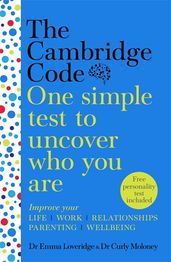
There’s the conscious mind, and then there’s the subconscious mind – the part of our psyche which we don’t have easy access to, yet dictates a lot of who we are and the choices we make in life. These two realms of our psyche have often been likened to an iceberg – the top visible portion being the conscious mind, and the bottom portion hidden from view being our subconscious. But what if we could put on our swimming goggles and take a look at the invisible portion? The Cambridge Code: One Simple Test to Uncover Who You Are helps us to do so.
Attached
by Amir Levine
What kind of relationship personality do you have? In Attached, Psychiatrist and neuroscientist Amir Levine and psychologist Rachel Heller explore how understanding your attachment style could help you understand yourself better within your relationships. According to attachment theory, in relationships we behave in one of three ways: anxious, avoidant, and secure. Levine and Keller break each attachment style down, and with the use of quizzes and psychological expertise, help you to identify your own and recognise others’, so that you can create happy and balanced relationships.
Wild Card
by Jen Cownie
Every time you draw a card, you open up possibilities. What will appear and what will you see? At its heart, the tarot is a storytelling device, a deck of symbols and narratives that can spark conversations, inspire ideas, and reveal new perspectives. And you don't need to be psychic to use it. Whether you are learning to read for yourself and others, refreshing your knowledge, or just curious, Wild Card will show you how the tarot can add a little bit of magic to your life, and learn about yourself in the process.
What Happened to You?
by Oprah Winfrey
Often, when we ask ‘why am I the way I am?’, we speculate whether the answer is connected to our experiences in childhood. In What Happened to You?: Conversations on Trauma, Resilience, and Healing, authors Dr Bruce Perry and Oprah Winfrey, who experienced numerous childhood traumas herself, ask ‘how do our childhoods influence who we are as adults?’. Together, they explore the idea of asking not ‘what’s wrong with you?’, but instead, ‘what happened to you?’, and discuss the impact of what happens to us in childhood (be it good or bad) on both our physical and emotional health.
Wayfinding
by Michael Bond
Wayfinding by Michael Bond explores our evolutionary relationship with the environment and our movement within it, arguing we are fundamentally 'explorers'. It discusses how differing navigational approaches between men and women shape their perception of the world. The book investigates the idea of 'home', its influence on our behaviours and emotions, and the importance of navigational skills for survival. It's a must-read for those intrigued by how our surroundings contribute to self-discovery and human nature.
Why the F*ck Can’t I Change?
by Dr Gabija Toleikyte
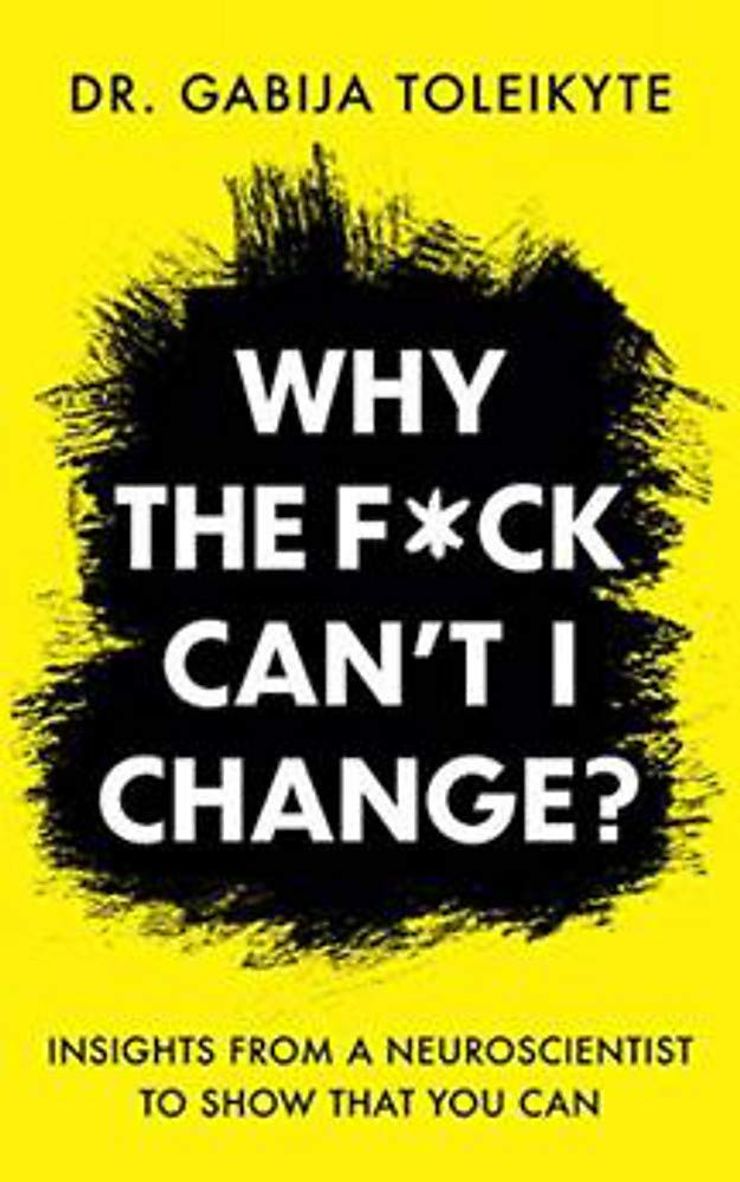
Change is a complex subject – sometimes we want to change, to break bad habits, form new healthy ones, or begin new life stages. And yet other times, change is thrust upon us whether we like it or not. So why do we sometimes find change so difficult? According to neuroscientist and behavioural coach Dr Gabija Toleikyte, ‘Our brains resist sudden change for multiple reasons.’ In her book Why the F*ck Can’t I Change? she takes us to the root cause of why we form certain habits and behaviours, in order to help us understand why we find it difficult to change, and help us to kick bad habits for good.
